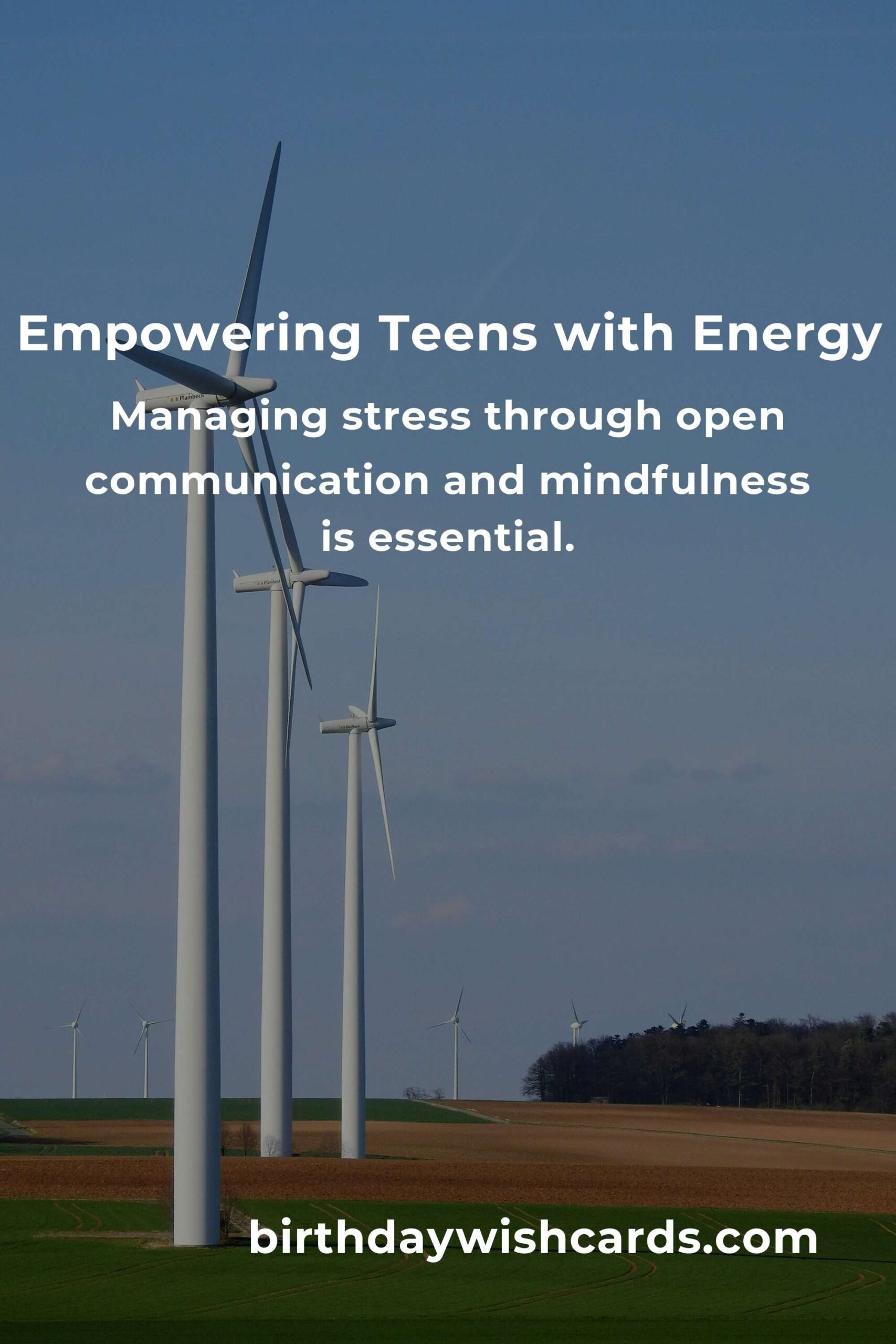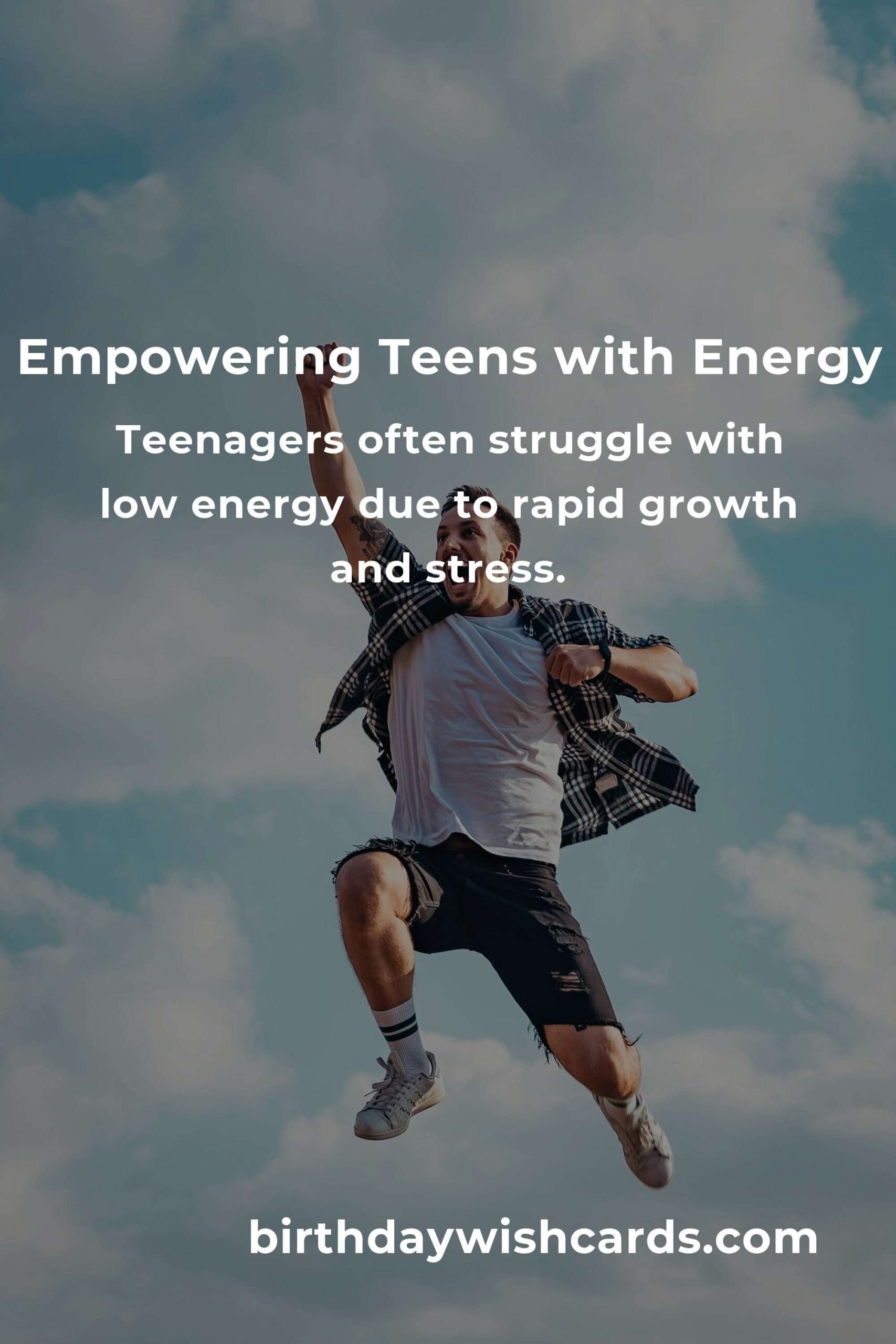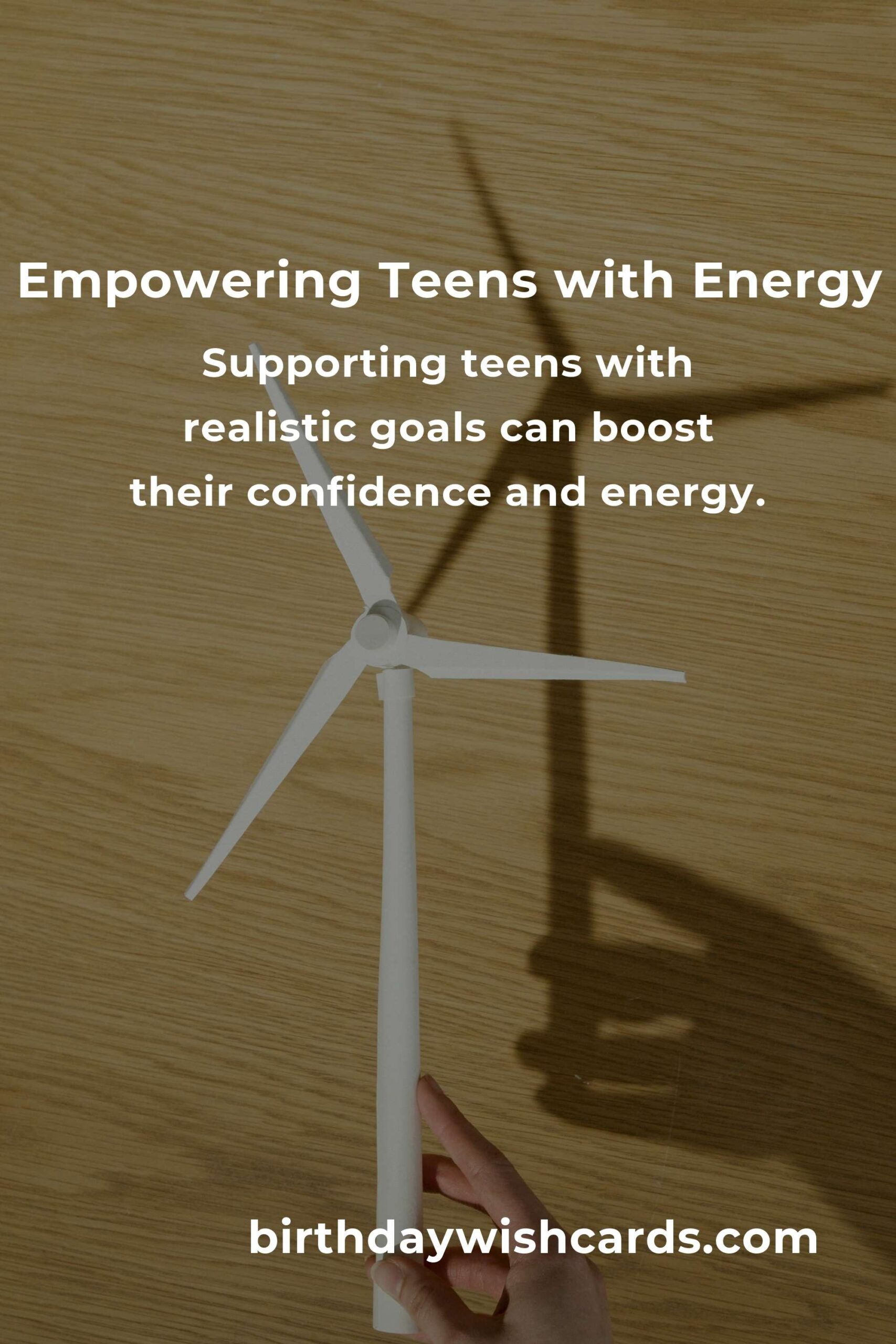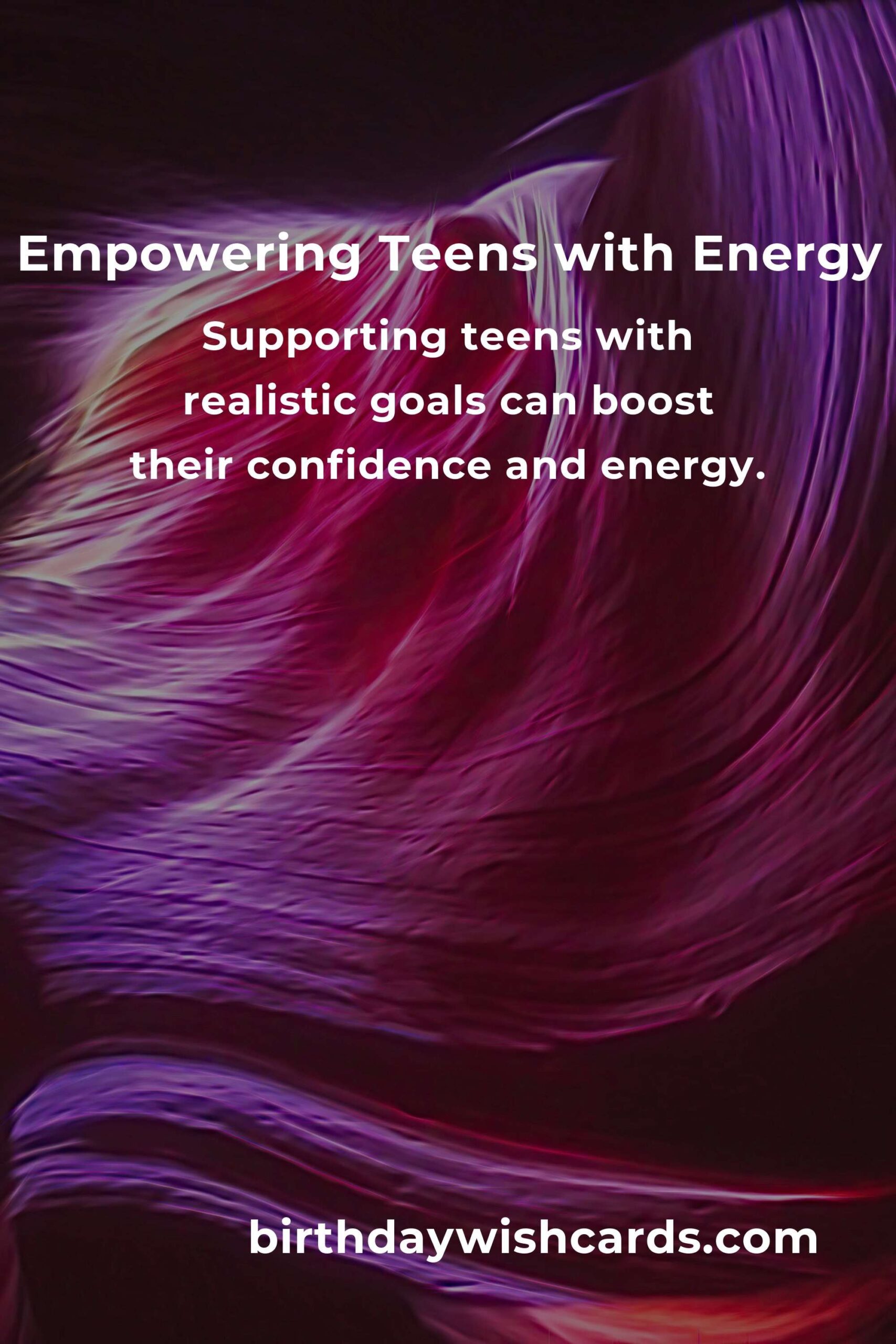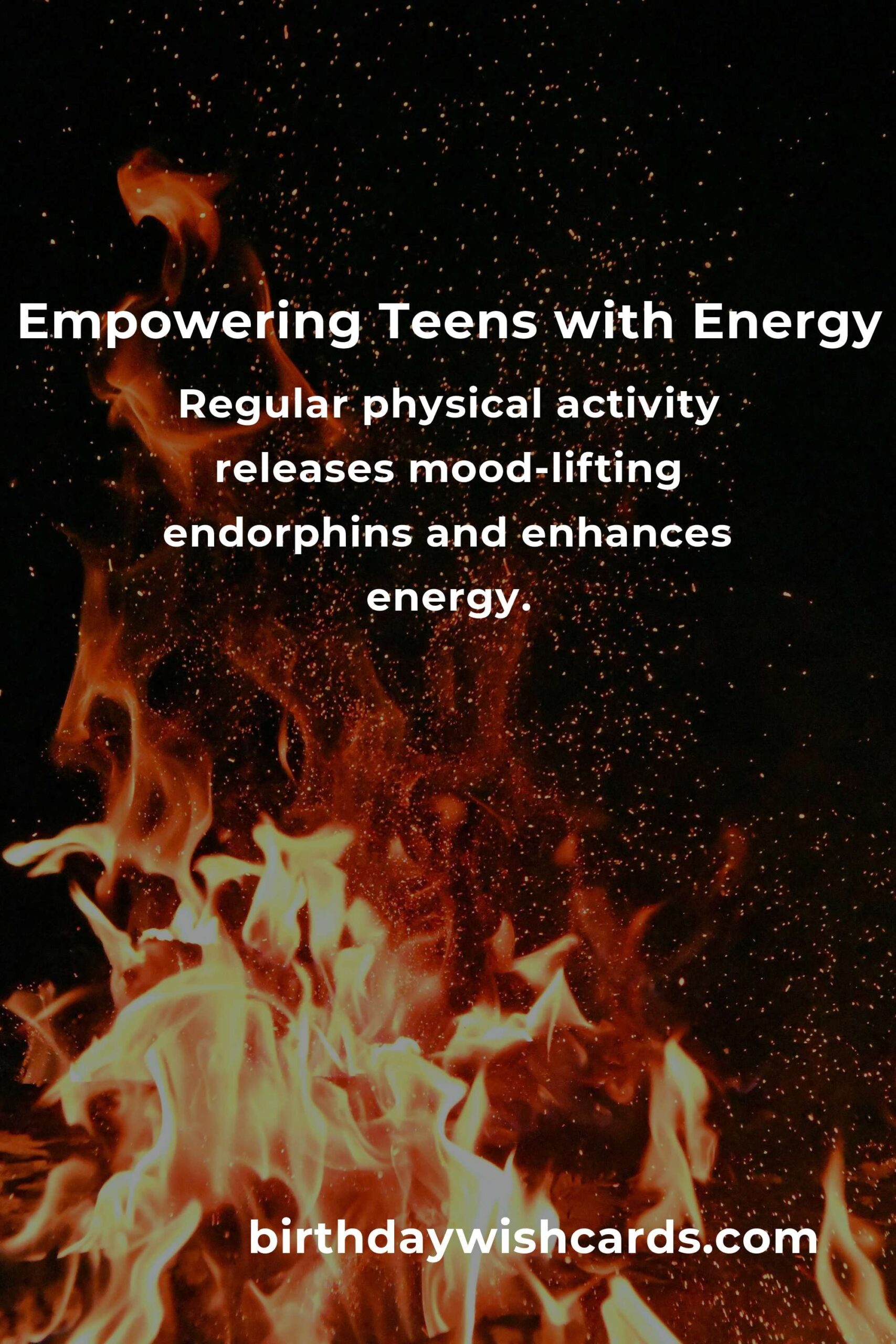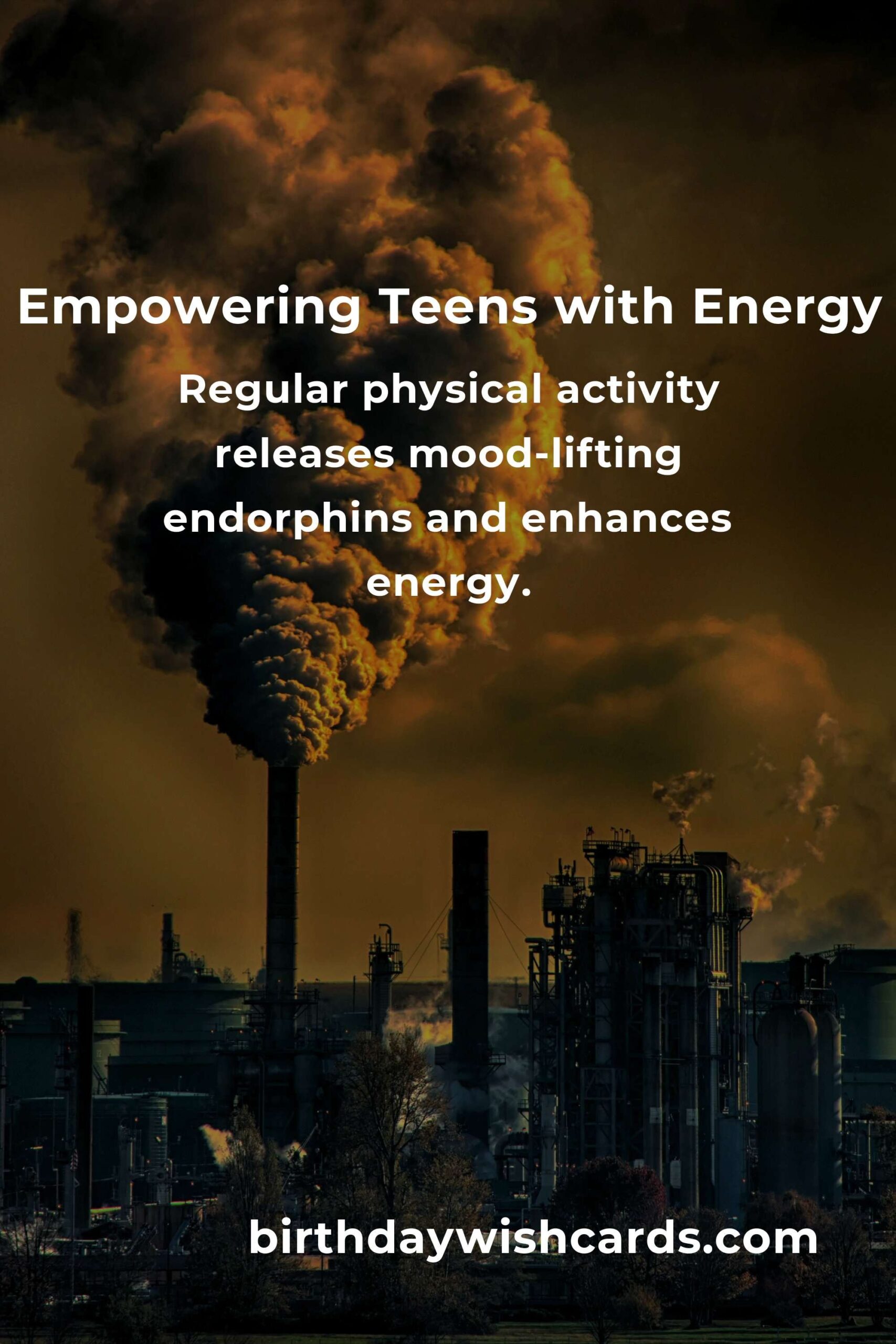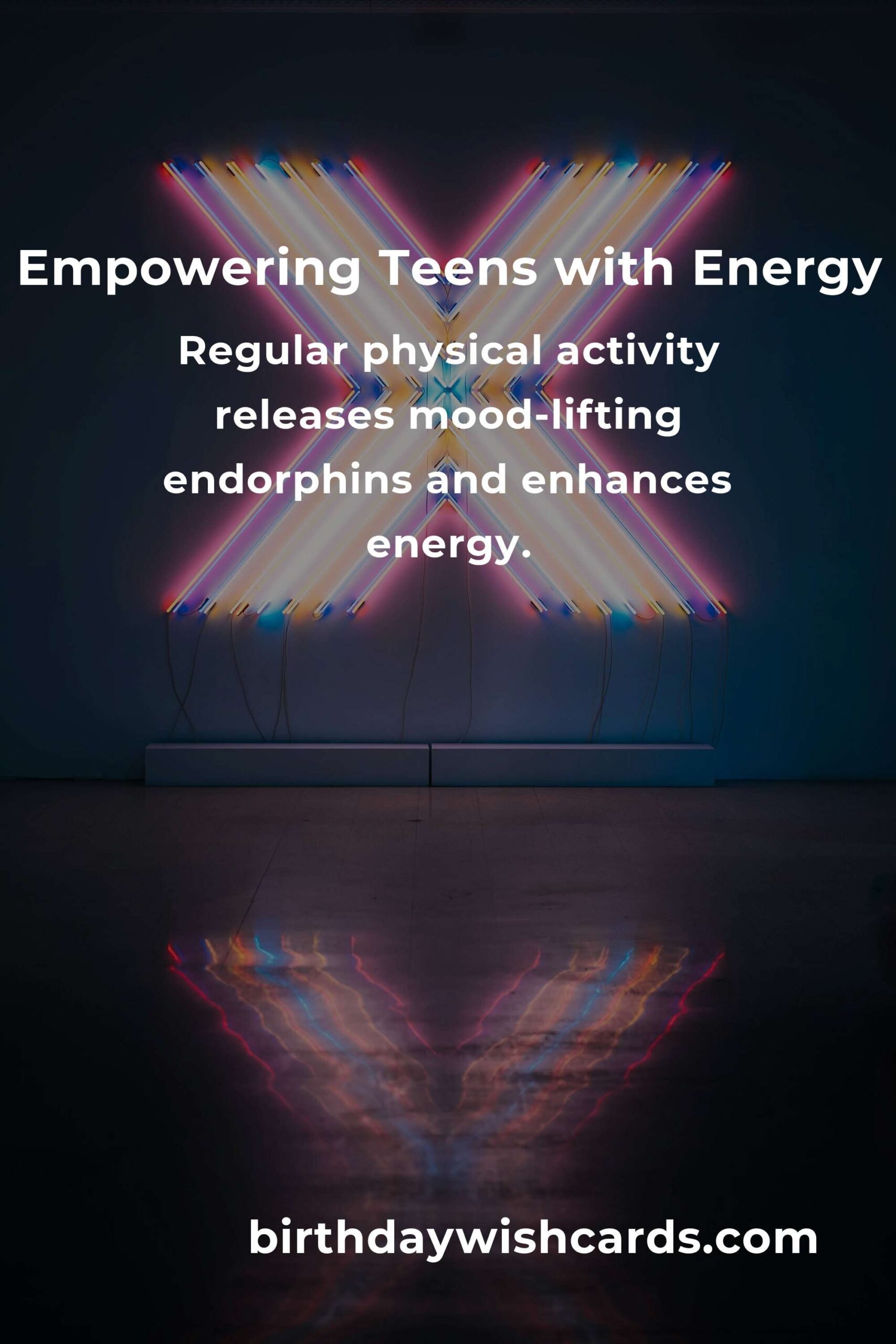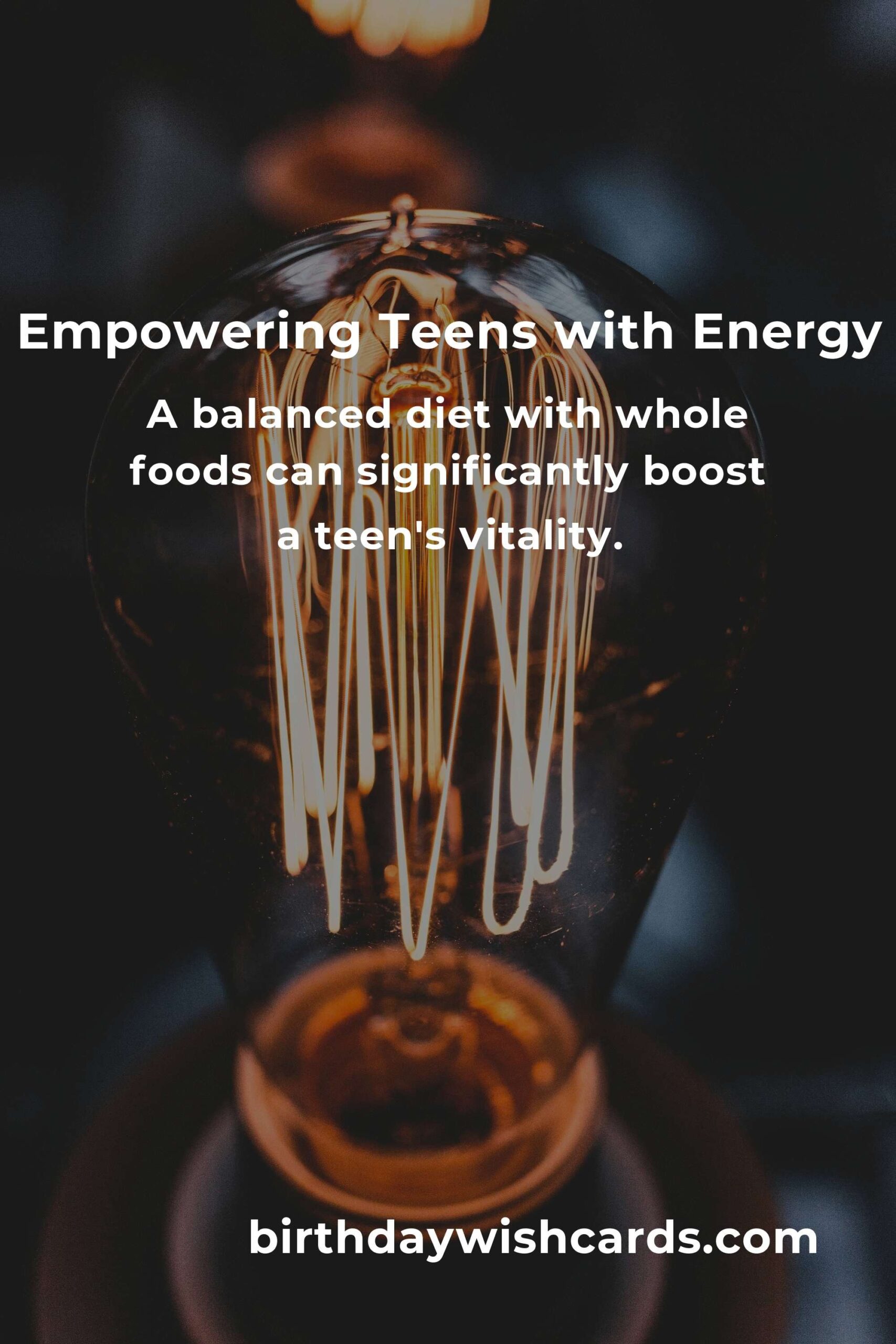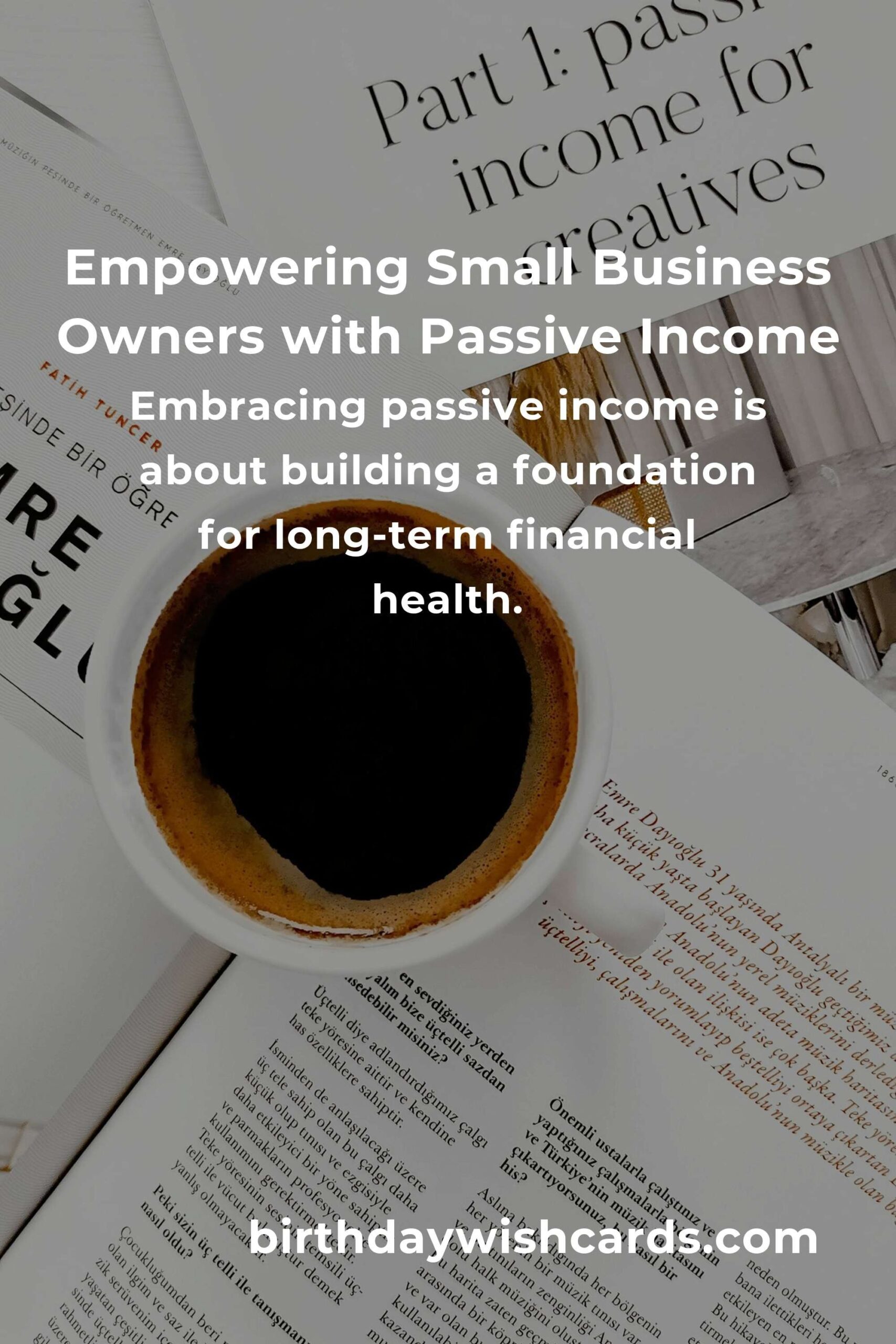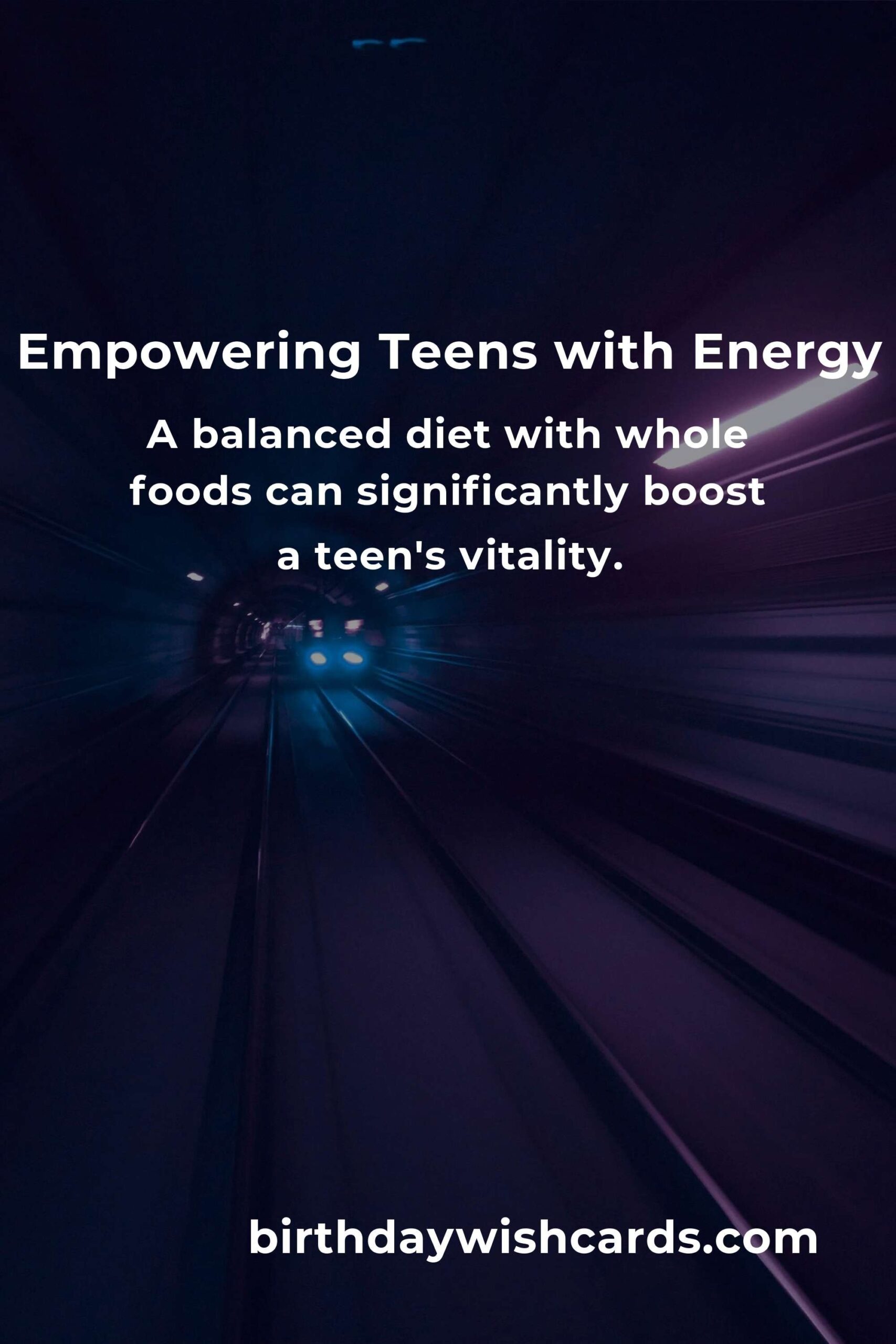
Teenagers are in one of the most dynamic stages of their lives. They’re growing, learning, and experiencing the world in new ways every day. However, it’s not uncommon for them to feel drained and exhausted. As a parent or guardian, watching them struggle with low energy can be concerning. Let’s delve into practical ways to help your teen feel more energetic, so they can embrace life with enthusiasm and vitality.
Understanding the Teenage Energy Crisis
Before we dive into solutions, it’s essential to understand why teens often battle low energy. Adolescence is a period of intense growth, both physically and mentally. Their bodies are developing rapidly, and their brains are working overtime. Add to that the pressures of school, social life, and extracurricular activities, and it’s no wonder they’re tired.
Moreover, many teenagers have poor sleep habits. With the allure of social media and the internet, late nights can become the norm, leading to insufficient rest. Recognizing these challenges is the first step in addressing them.
Encouraging Healthy Sleep Habits
Sleep is the cornerstone of good energy levels. Encourage your teen to establish a regular sleep schedule. Aim for 8-10 hours of quality sleep per night. Create a restful environment: dim the lights, keep the room cool, and limit screen time before bed. Making bedtime a peaceful ritual can significantly improve their energy during the day.
Nutrition: Fueling Their Future
Teens need a balanced diet to support their growing bodies and brains. Encourage them to consume whole foods rich in nutrients. Protein, complex carbohydrates, and healthy fats are vital for sustained energy. Start the day with a nutritious breakfast to kickstart their metabolism. Include fruits, vegetables, and whole grains in their meals to provide lasting energy and improve focus.
The Power of Physical Activity
While it might seem counterintuitive, regular physical activity can actually boost energy levels. Encourage your teen to find an activity they enjoy, whether it’s a sport, dance, or even a daily walk. Exercise releases endorphins, which are natural mood lifters and energy boosters. Plus, it helps regulate sleep patterns, further enhancing energy levels.
Managing Stress and Mental Well-being
Stress can zap energy faster than any physical activity. Encourage your teen to talk about their feelings and stressors. Whether it’s school pressure or social dynamics, having an open dialogue can alleviate some of their burdens. Introduce them to mindfulness practices like meditation or deep-breathing exercises to help manage stress and improve mental clarity.
Hydration: The Often Overlooked Energizer
Dehydration can lead to fatigue, so ensure your teen is drinking enough water throughout the day. Encourage them to carry a water bottle and make drinking water a habit. Sometimes, what feels like tiredness is just thirst in disguise.
Setting Realistic Goals and Expectations
Teens often feel overwhelmed by the expectations placed on them. Help them set realistic goals and prioritize tasks. Teach them time management skills to effectively handle their responsibilities without burning out. Achieving small goals can boost their confidence and energy levels.
Creating a Supportive Environment
Finally, create an environment where your teen feels supported and understood. Celebrate their achievements, listen to their concerns, and provide guidance when needed. Knowing they have a safety net can reduce stress and increase their energy levels.
In conclusion, improving a teen’s energy levels requires a holistic approach. By focusing on sleep, nutrition, physical activity, mental well-being, and support, you can help your teen thrive. Remember, every teen is different, so it’s essential to find what works best for them and support them on their journey to a more energized life.
Teenagers often struggle with low energy due to rapid growth and stress.
Establishing healthy sleep patterns is crucial for improving energy levels.
A balanced diet with whole foods can significantly boost a teen’s vitality.
Regular physical activity releases mood-lifting endorphins and enhances energy.
Managing stress through open communication and mindfulness is essential.
Hydration is a simple yet effective way to improve energy levels.
Supporting teens with realistic goals can boost their confidence and energy.
#TeenEnergy #HealthyTeens #YouthVitality #TeenWellness #BoostEnergy

